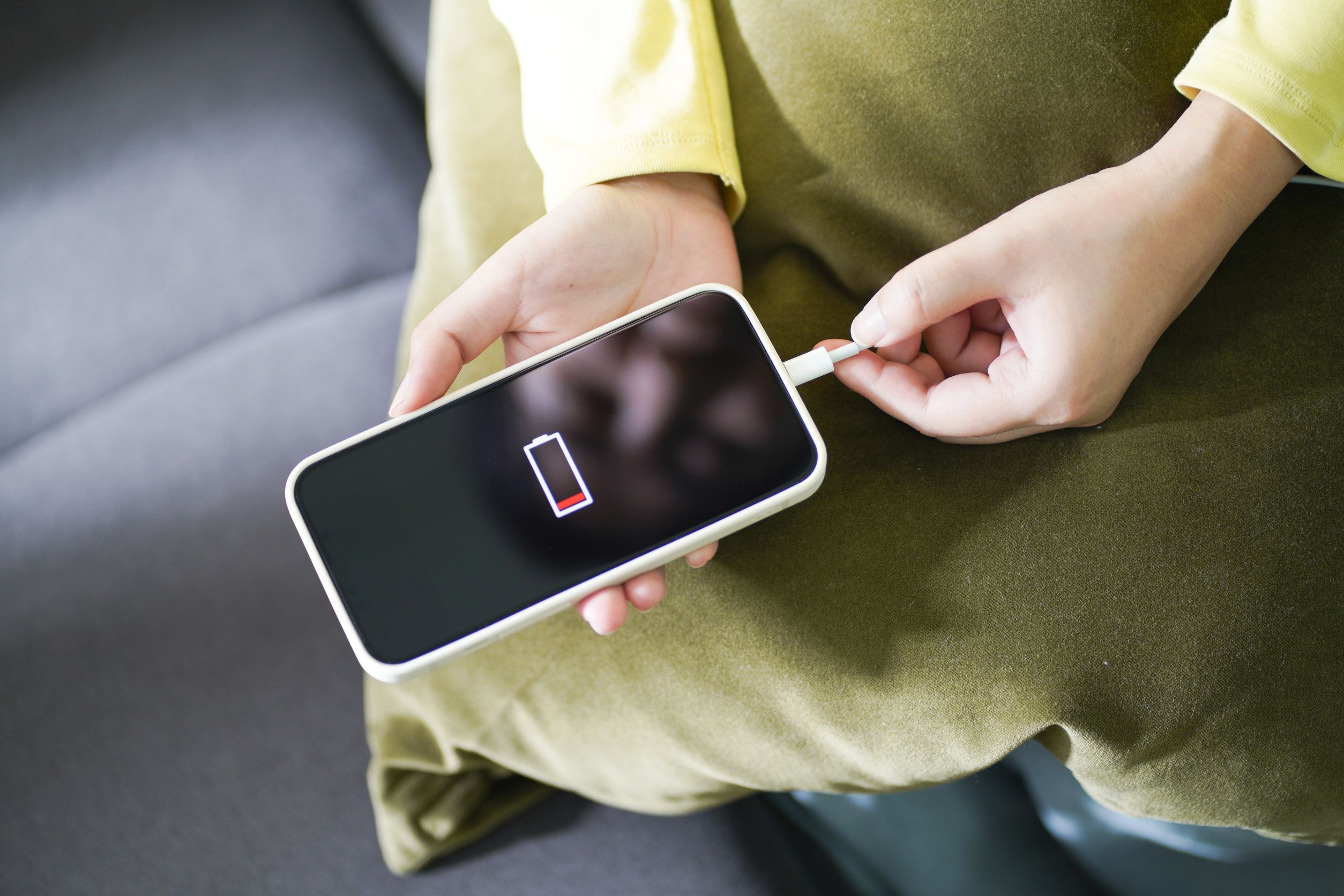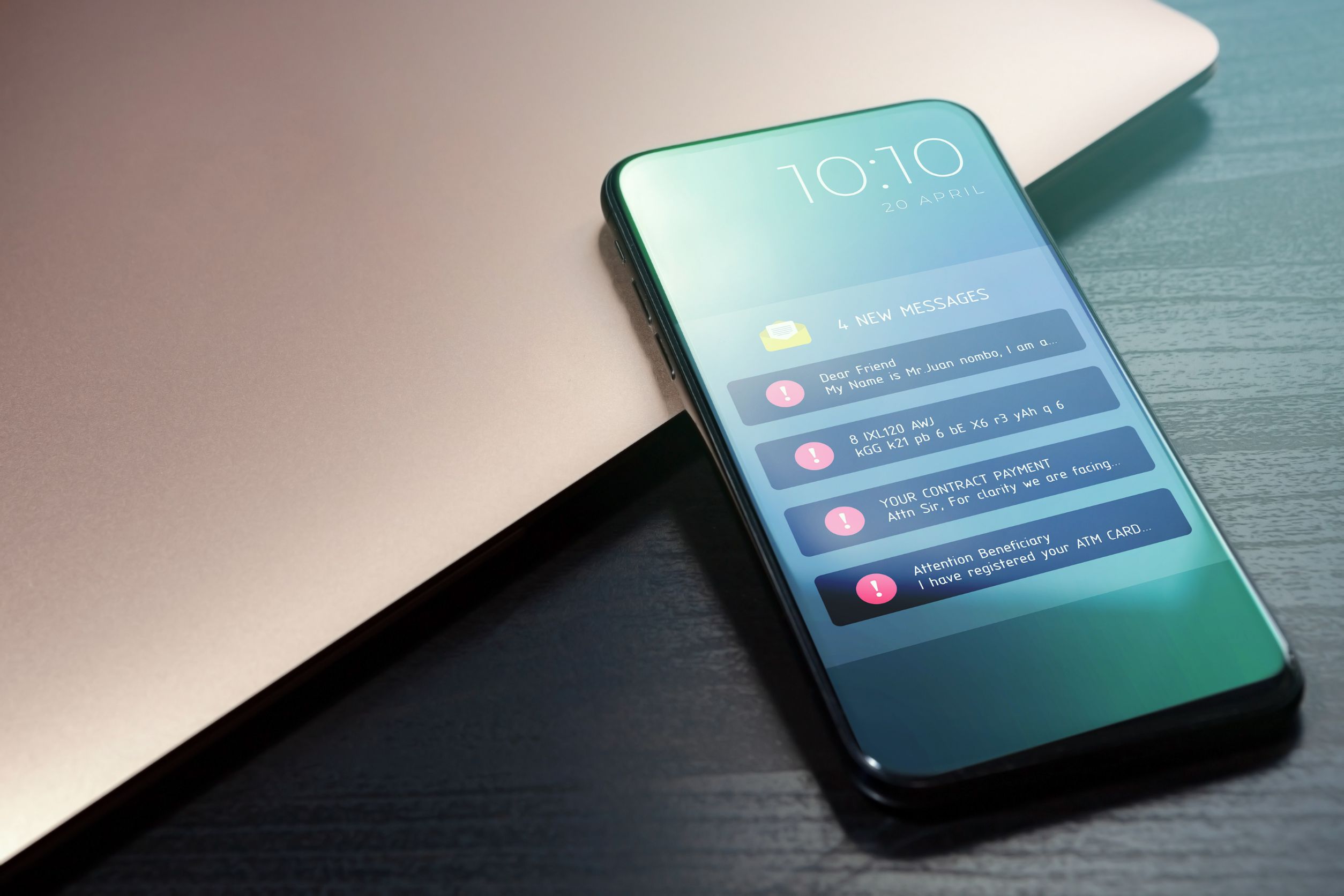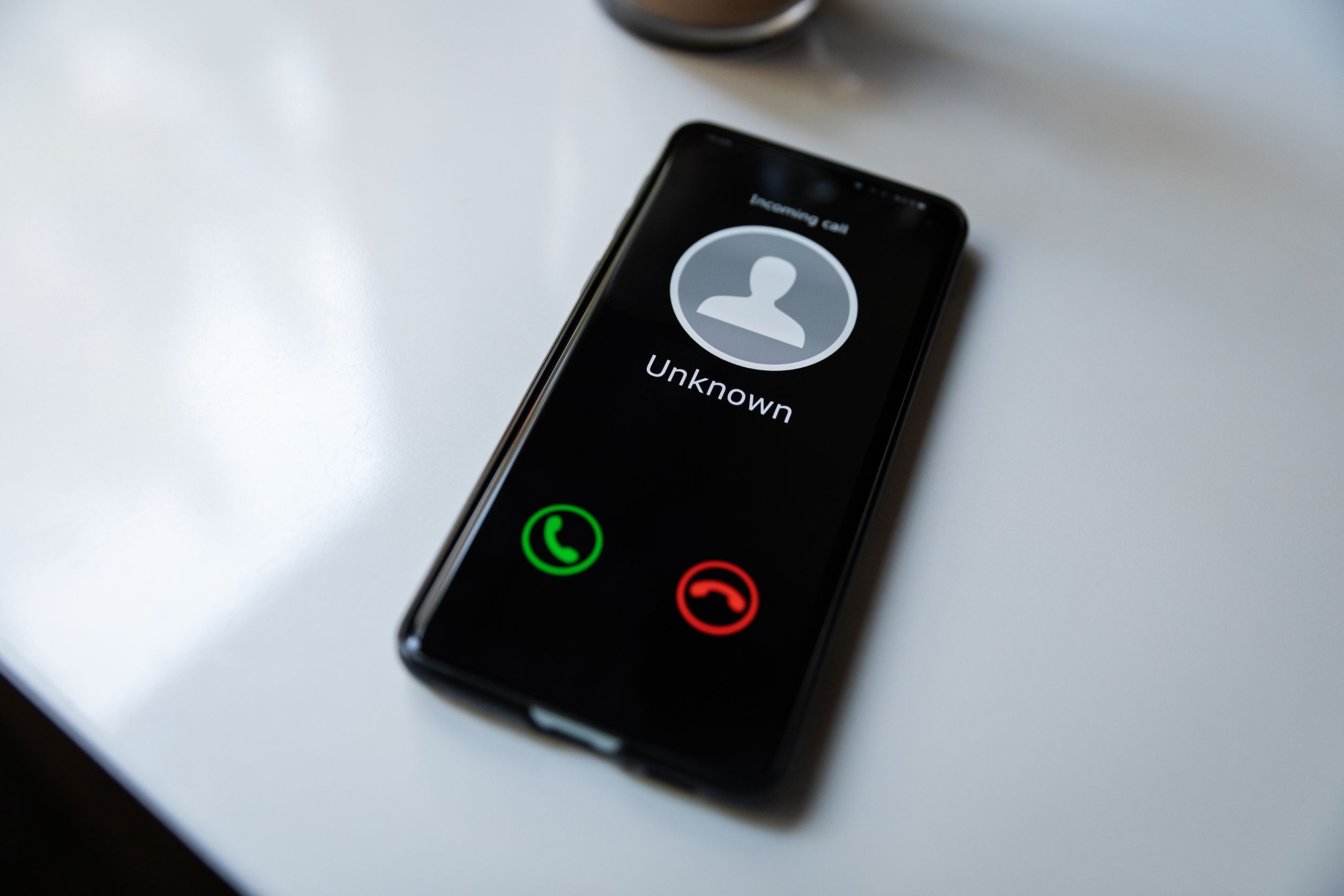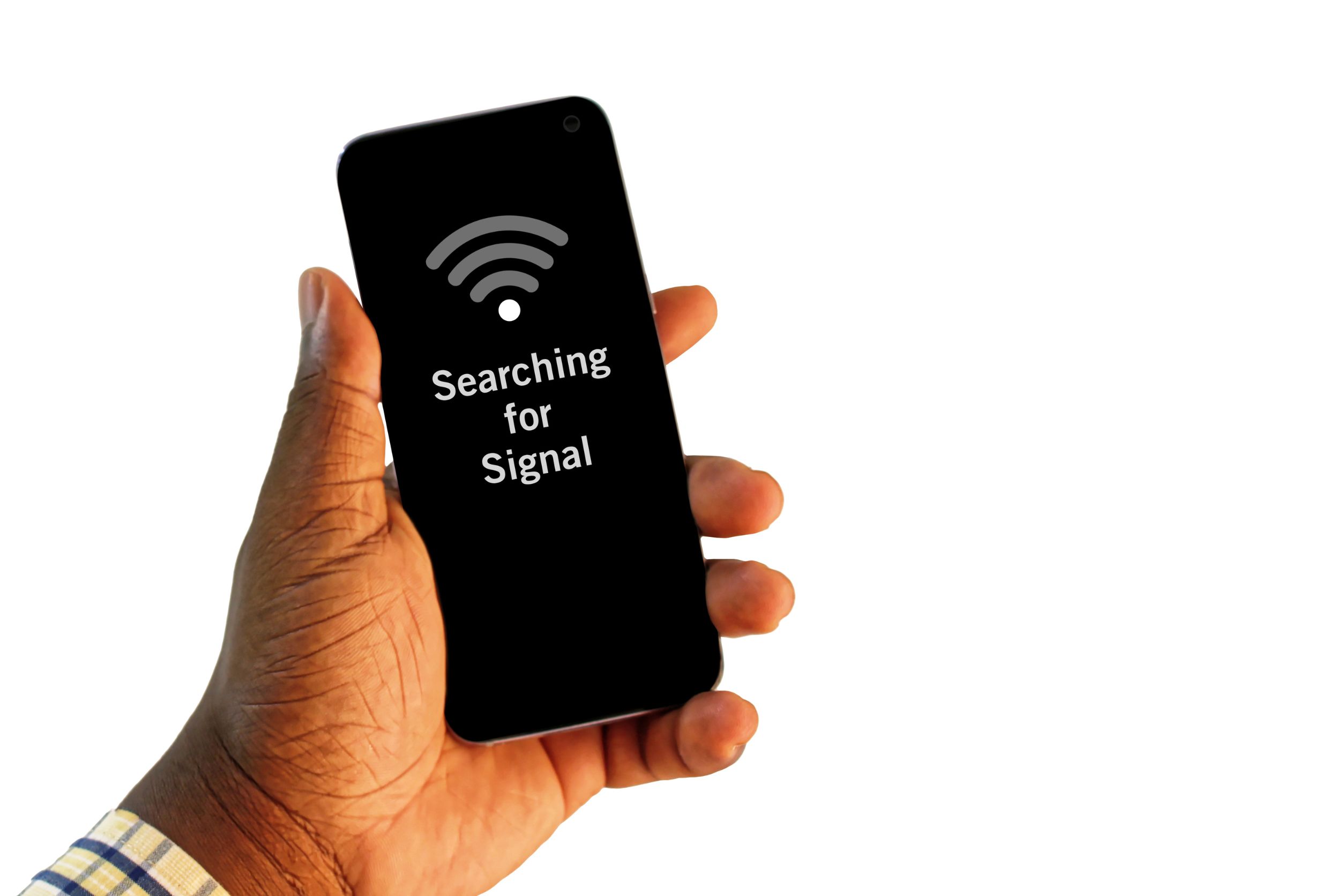Ever get that eerie feeling that something’s off with your phone? It’s not just a bad day for tech; it could be a hacker having a field day. Recognizing the signs that your smartphone has been compromised is crucial in our connected world. Here’s a trendy rundown of the 12 red flags to look out for so you can take action before it’s too late.
1. Battery Life Bombing
When your phone’s battery life starts nosediving without any logical explanation, take heed. Excessive battery drain could mean shady apps or malware are running rampant in the background. It’s not just about closing your open apps; it’s about catching those hidden energy hogs. If your phone can’t make it through half a day on a full charge, something’s up. Time for a deeper dive into what’s eating up that juice.
2. Data Drain Drama
Notice an unexpected surge in your data usage? That’s a classic hallmark of a compromised phone. Malware might be transmitting data from your phone to a server somewhere on the dark side of the web. Go through your settings and check which apps are using your data. If the numbers don’t add up, your phone might just be in the hands of a digital puppet master.
3. Performance Plunge
If your phone starts acting like it’s running a marathon in molasses, beware. Slow response times, crashing apps, and spontaneous restarts can signal the presence of malicious software. These performance issues often indicate that your phone’s processing power is being hijacked by unwelcome guests. A sluggish phone is not just annoying; it might be compromised. Don’t let frustration be your only reaction; get it checked.
4. Pop-Up Pandemonium
Random pop-ups while you’re just scrolling through photos? Not only are they annoying, but they could also be an indicator of adware or malware. These pop-ups may attempt to lure you into clicking on them, leading to more sinister software installations. If you’re facing a pop-up storm, it’s time to rain down some security measures on your device.
5. Mysterious Apps
A sudden appearance of apps that you don’t remember downloading is a glaring red flag. These apps might be trojans, sitting pretty, ready to steal data or cause damage. Check your app inventory regularly and uninstall anything that looks fishy. Remember, just because an app looks cool doesn’t mean it should be on your phone. Stay alert, stay safe!
6. Creepy Calls and Texts
Getting texts or calls logged on your phone that you didn’t make? This could mean someone else is piloting your digital life. Hackers can use your phone as a gateway to scam others under your guise. Keep an eye on your call logs and messages. If things look out of place, it’s time for some cybersecurity cleanup.
7. Overheating Overload
Phones get warm, but if yours feels like it might start cooking breakfast, it’s a bad sign. Overheating can occur when unknown processes are running in the background. This not only harms your phone’s internals but can also be a symptom of hacking activities. If your phone is too hot to handle, it’s possibly handling tasks you didn’t authorize.
8. Setting Shifts
If your phone’s settings are changing without your input, it’s as if someone else has the remote control. From altered security settings to new, unfamiliar configurations, these changes can undermine your privacy and security. Regularly check your settings to ensure everything is as you left it. Unexplained changes can often mean unauthorized access.
9. Signal Silliness
A sudden poor connection or service can be more than just a bad signal day; it could be interference caused by malicious activities. If you’re experiencing unusual signal fluctuations, it’s worth investigating. Hackers might be trying to disconnect you from your network to hijack your sessions or steal data.
10. Social Media Shenanigans
Unexpected posts, messages, or friend requests on your social media? It could be a sign that your phone and your social accounts have been compromised. Monitor your social media for any activity that doesn’t feel like you. Quick action can prevent a full-blown identity theft scenario.
11. Email Oddities
If friends start receiving weird emails from you or you notice sent emails you don’t recognize, take it seriously. Access to your email can give hackers a free pass to reset passwords and access your digital accounts. Secure your email with strong, unique passwords, and consider two-factor authentication for added security.
12. Wi-Fi Warnings
Your phone constantly asking to connect to unfamiliar Wi-Fi networks can be a hint of system tampering. Hackers may attempt to connect your device to a controlled network to intercept your data. Be wary of automatic connections to unknown networks and adjust your settings for more secure connections.
Keep Your Phone Locked Down
Acknowledging these red flags can be the first step in fortifying your phone’s defenses. Stay updated on security practices, install a reputable antivirus, and regularly check your device’s health. Remember, in the digital world, being cautious isn’t paranoid; it’s essential. Keep your phone safe, and keep those hackers out!
Read More:
Is Your Home Security System Spying On You? 12 Ways To Find Out
12 Scary Dangers of Artificial Intelligence Technology














